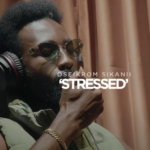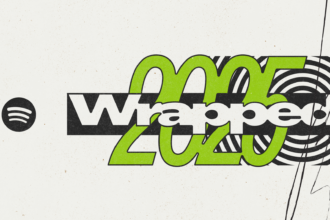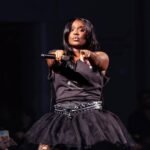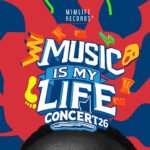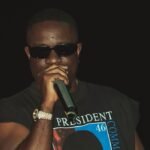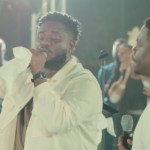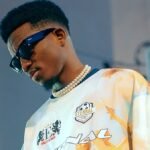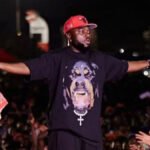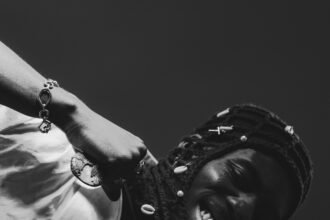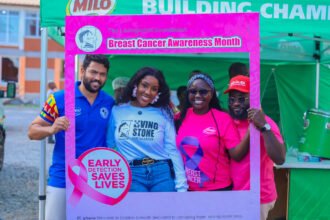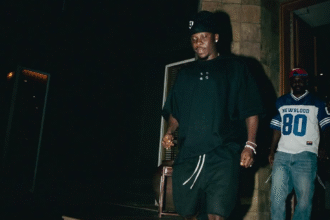Music has been described as a tool that goes beyond its entertainment value. It has also been used to educate and document the stories and cultures of people. The consumption of music and its influence on people, their emotions, and their actions makes it a perfect tool to employ within the scope of politics and activism.
As such, people have always implored artists or creatives to always lend their creativity in such times. Globally, music has found its way into many sectors and aspects of human life. One of the sectors is politics, activism, and social change.
One such genre of music that has been synonymous with activism, human rights movements, and the push for social and cultural change is Reggae music. Reggae is a musical genre originally from Jamaica. The genre’s emergence in the 1960s caused a culture change that has been the mouthpiece of millions of people fighting different political, social, and human rights courses. From its rhythmic sound, heavy lyrical content, and themes, the genre is somewhat rebellious in nature.
Reggae Music and Politics
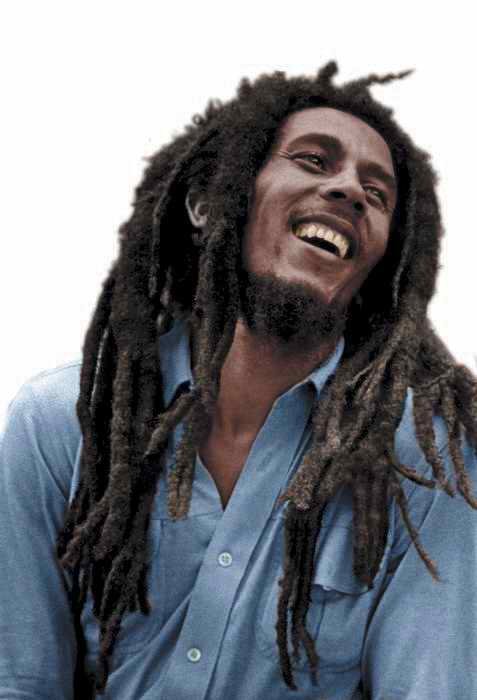
Using music to bridge the gap between the political world and pop culture is something reggae music has done so well. While the theme of politics may be considered touchy by many, Rastafarians have been able to find the right balance to not only embed the message but also make the music popular and marketable to cut across multiple music markets. Reggae music has been a tool for communicating and amplifying activist movements for decades.
A sound crafted by Rastafarian culture to express their fight against the oppression meted out to them became a symbol of hope for millions outside the culture. Bound by faith, belief, biblical inspirations, and imagery, reggae is not only an art form and genre of music but a representation of the realities of people who are sharing their will to not be subdued and oppressed. Rather, they are committed to fighting back and standing firmly by their faith and belief. At its core, reggae music stands for truth, freedom, peace, and a celebration of unity. It is on these tenets that the music is curated to fight the system oppressing people and discriminating against the rights of people.
Bob Marley’s Redemption Song, Get Up, Stand Up, One Love. Peter Tosh’s “Equal Rights, 400 Years. Bunny Wailer’s Liberation and Train. Culture: “Tell Me Where You Get It, No Night, Humble African, and a host of other artists and songs ignited the passion and zeal for activism and rallied people together to fight for better. The genre’s importance and influence will eventually expand to other parts of the world, including the US, Europe, and Africa. Reggae music and Rastafarianism will usher people from different backgrounds into a period of boldness and empowerment to be vocal about and fight to protect their beliefs, resist oppression, and rally support for activism.
Africans and Jamaicans
The similarities in the culture and experiences of Jamaicans and Africans made it easier for people on the African continent to connect with the message and sound of reggae music. Many Africans will soon find themselves aligning not only with reggae music but also with the Rastafarian culture, which accounts for its vibrant existence on the continent. The rippling effects of this are the emergence and prominence of reggae music and reggae artists on the continent.
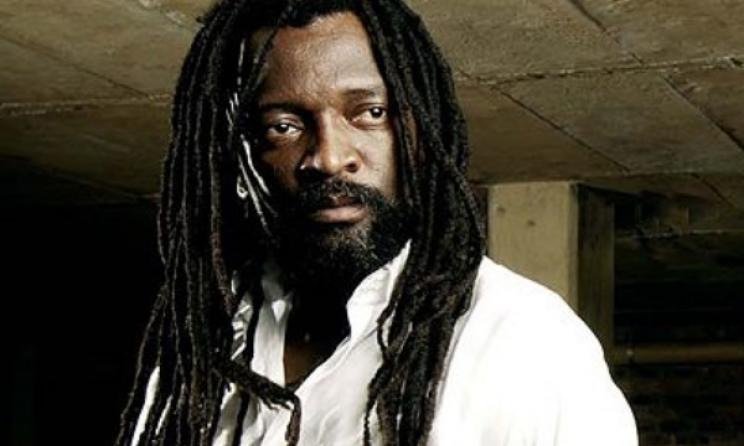
From Ivory Coast, Zimbabwe, South Africa, Ghana, Ethiopia, and Nigeria, just to name a few artists like Lucky Dube, Alpha Blondy, Teddy Afro, Daddy Shokey, and Tiken Jah Fakoly, among many others, have used reggae music as a tool to amplify activism and fight corrupt systems.
In the face of apartheid in South Africa, Lucky Dube used his music to advocate for black South Africans who were victims of a discriminatory system. His songs, Prisoner and Slave, are reminiscent of the struggles and abuse black South Africans faced in their own country. His fight against segregation and exclusion presented people with hope of a better South Africa.
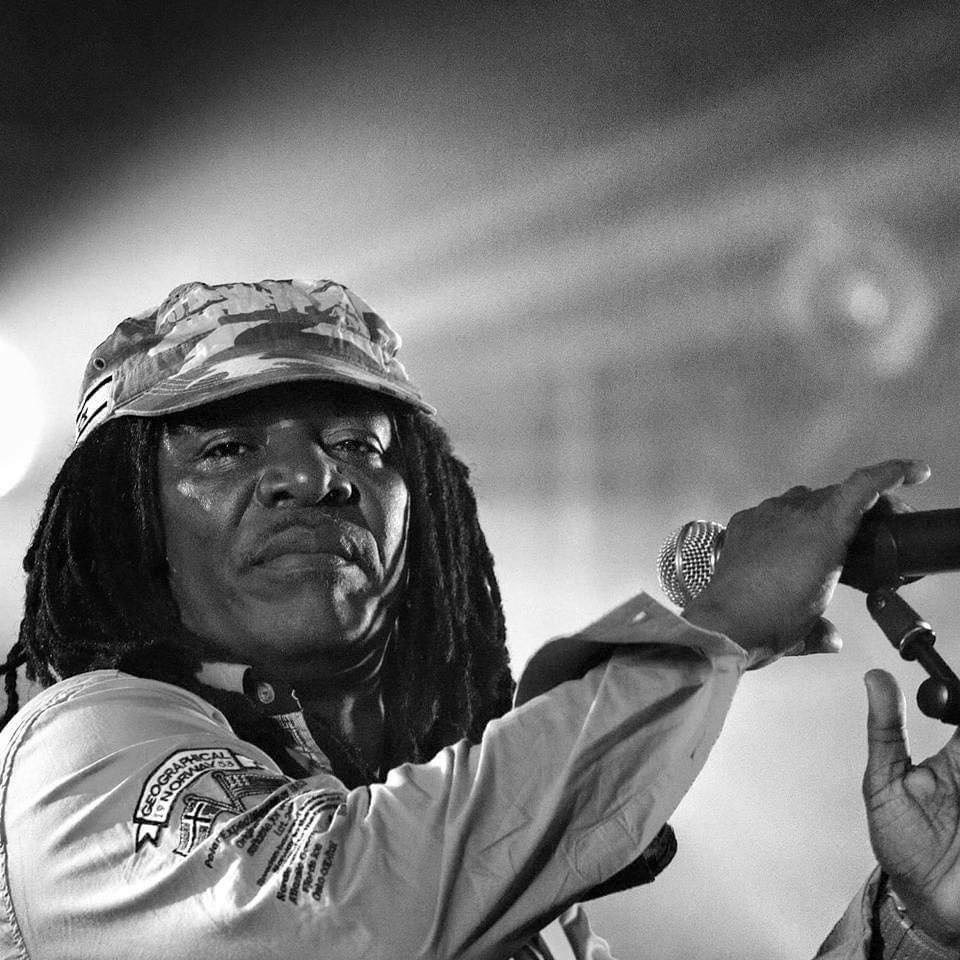
Like Lucky Dube, Alpha Blondy’s “Bloodshed in Africa” touched on the neocolonialism in Ivory Coast, which was a bloody period costing the lives of many Ivorians. Like many other African countries, Ivory Coast has had its own experience of colonialism, political unrests, corruption, abuse of power, and depletion of national resources. As such, reggae music was employed in voicing out not only the realities of what was happening but also a wake-up call to fight against the wicked system and call for unity and a better Ivory Coast.
Amplification Reggae Music And Activism In Ghana
Back home in Ghana, there is a vast reggae and Rastafarian community that has been propagating the goodness of Rasta and Reggae. Through the years, we have had artists like Kojo Antwi, who would later transition from reggae music to highlife; Rocky Dawuni; General Marcus; Samini; Stonebwoy; Epixode; and DSL, just to name a few.
Like their compatriots in Jamaica and other African countries, they have used their music to call out corrupt leadership and political instability and preach about unity. Stonebwoy, to his credit, has songs like Run Go, Suit and Tie, which have heavily focused on these issues, and much more recently, DSL released his song Truth.
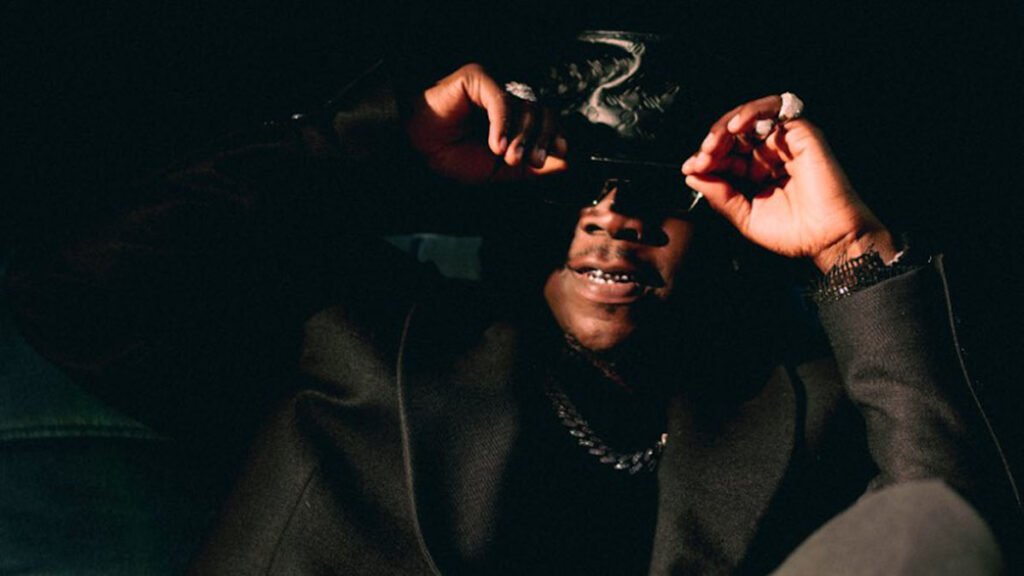
Ultimately, the impact of reggae and the Rastafari culture has been a blessing not only to the art but also to political fighters and activists who have needed a medium to channel their thoughts and mission. The genre and culture have spread the importance of unity and inclusion. As well as a society where honesty is our butter and love is our bread.








